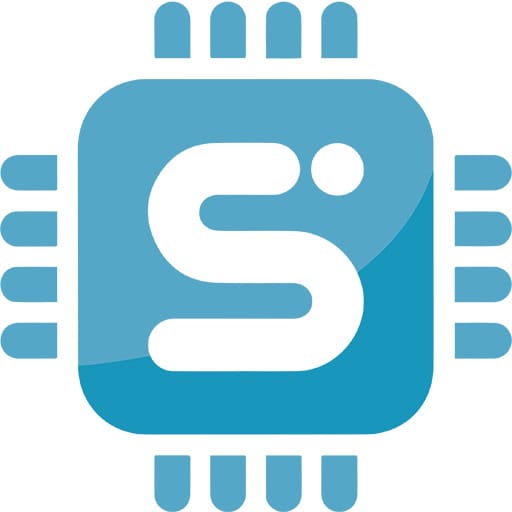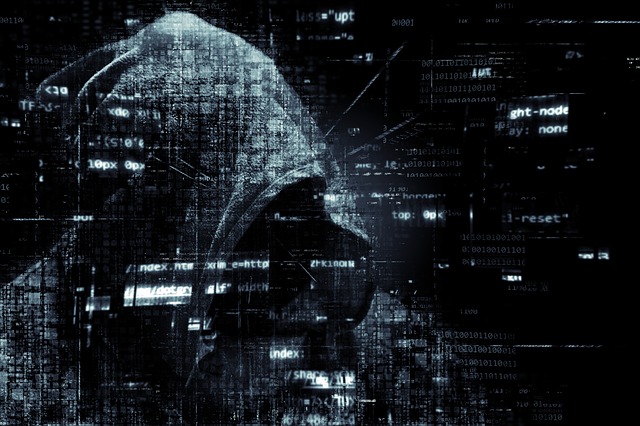5 Free Antimalware Programs in 2019
In 2019 cybersecurity is more important than ever before; last year cybercrime cost the Australian economy approximately 1 billion dollars. Locking the doors is an option to keep the crooks out but, a digital bouncer in the form of antimalware software will allow legitimate access while keeping the crooks away from your files. Some of … Read more

